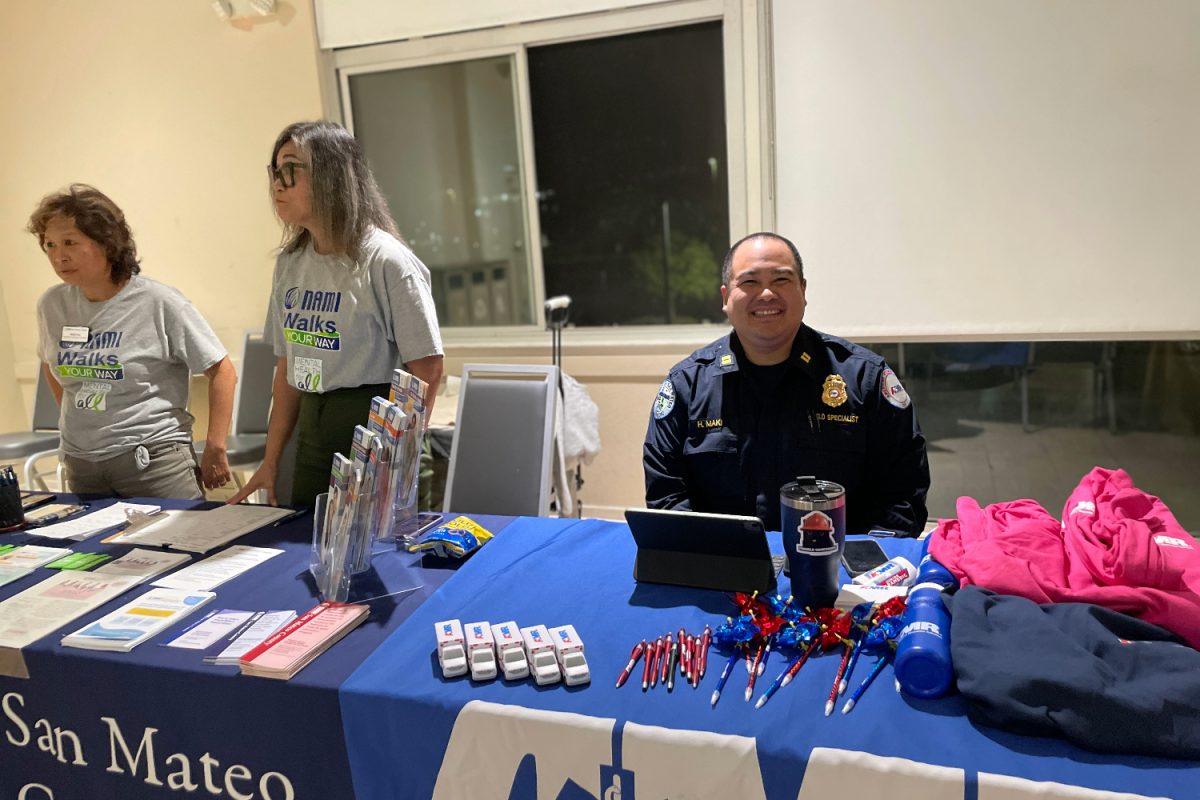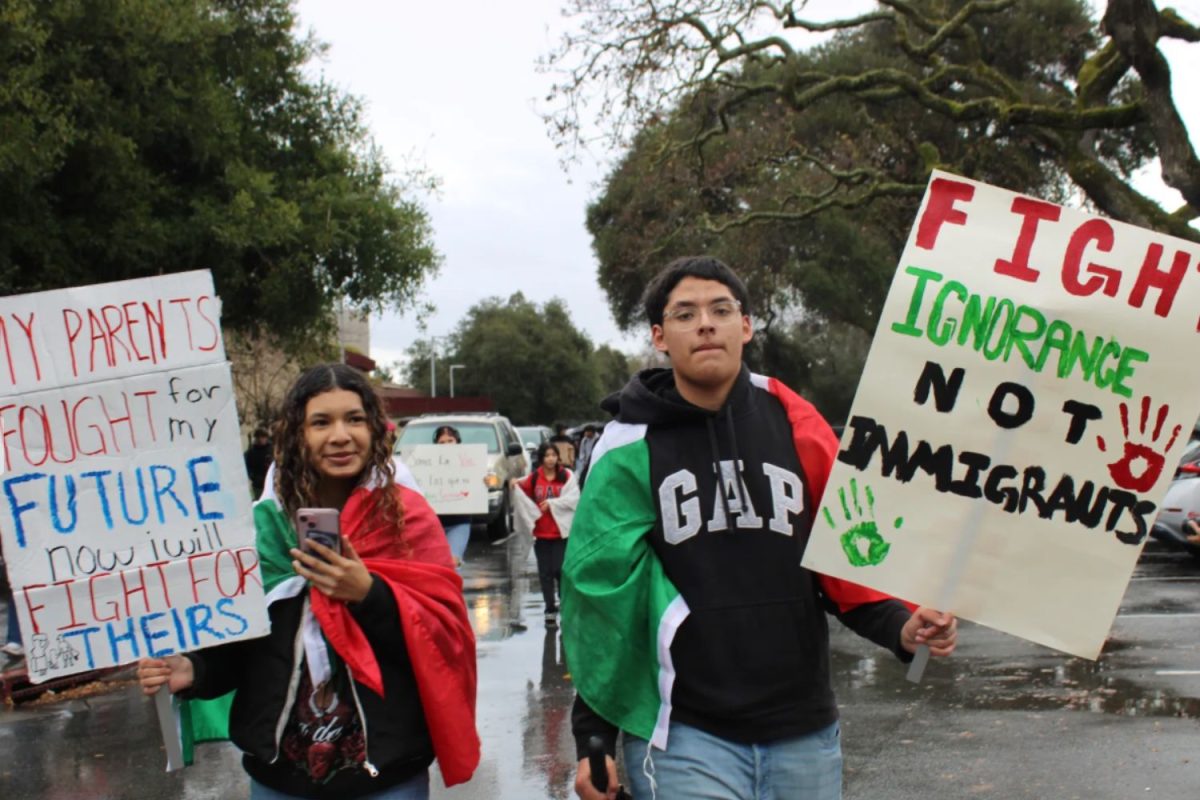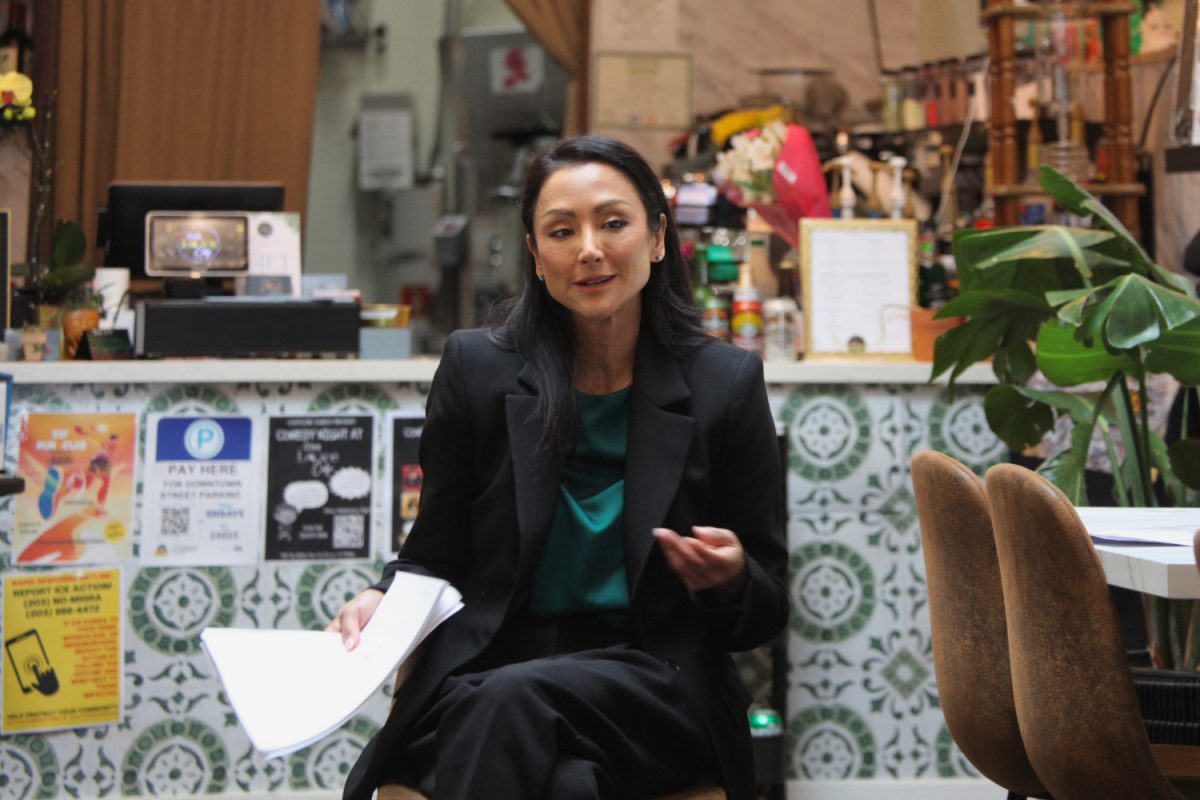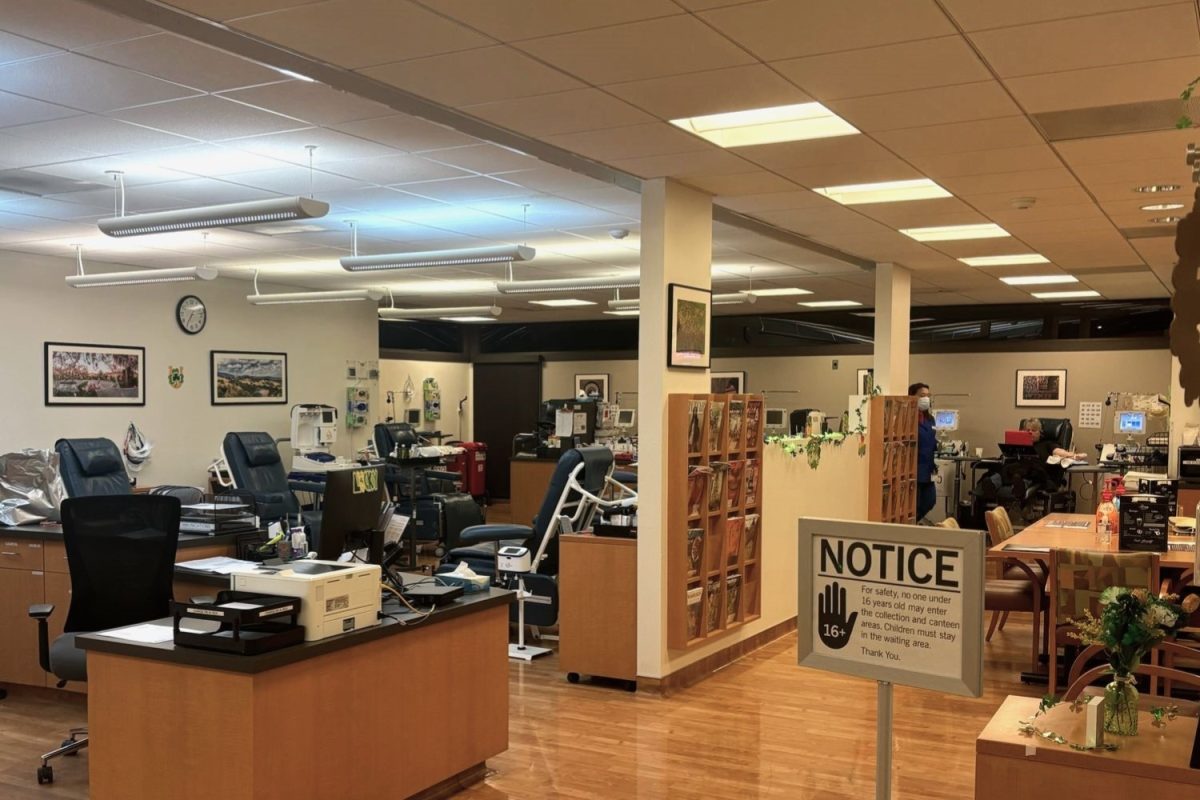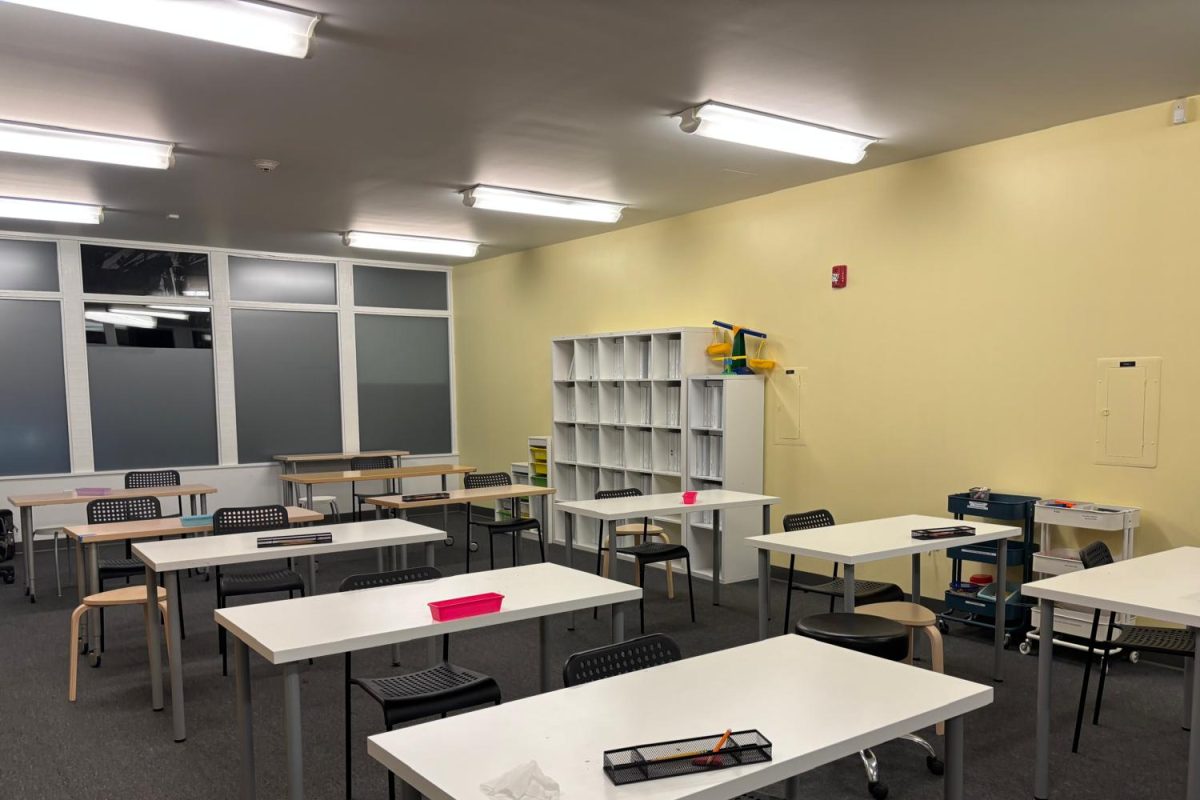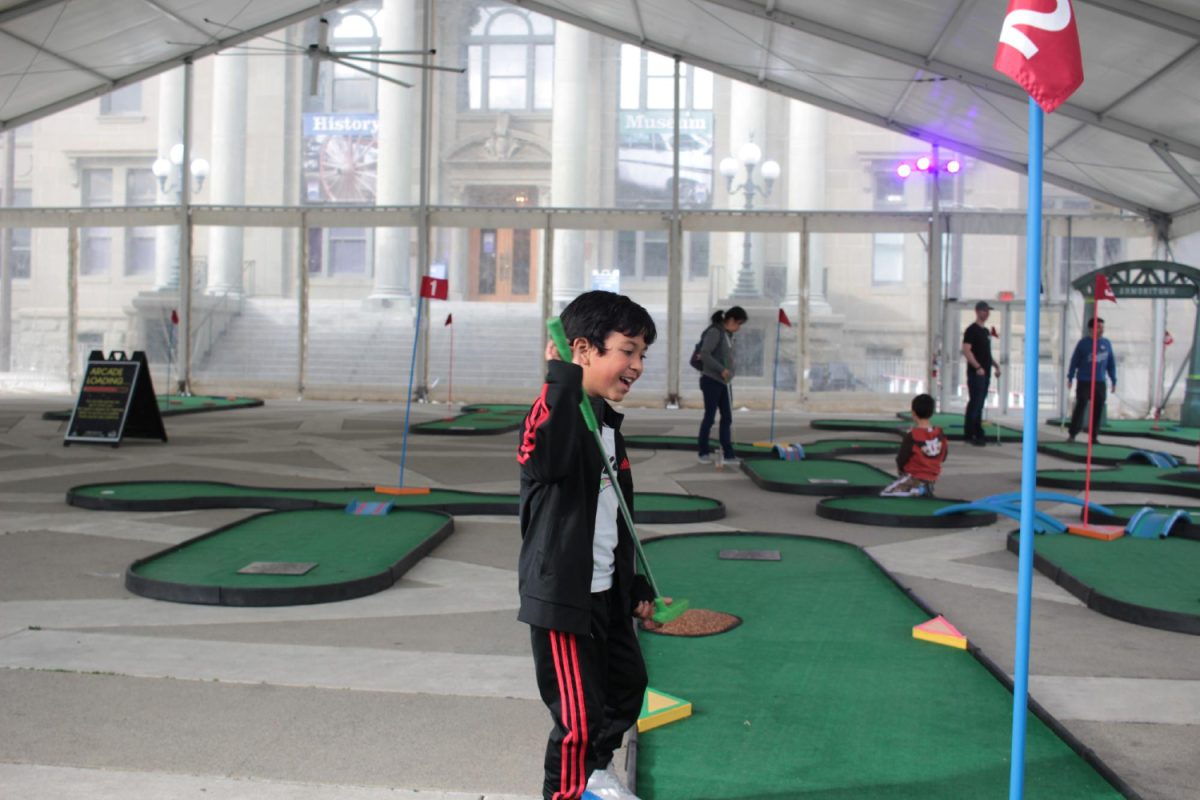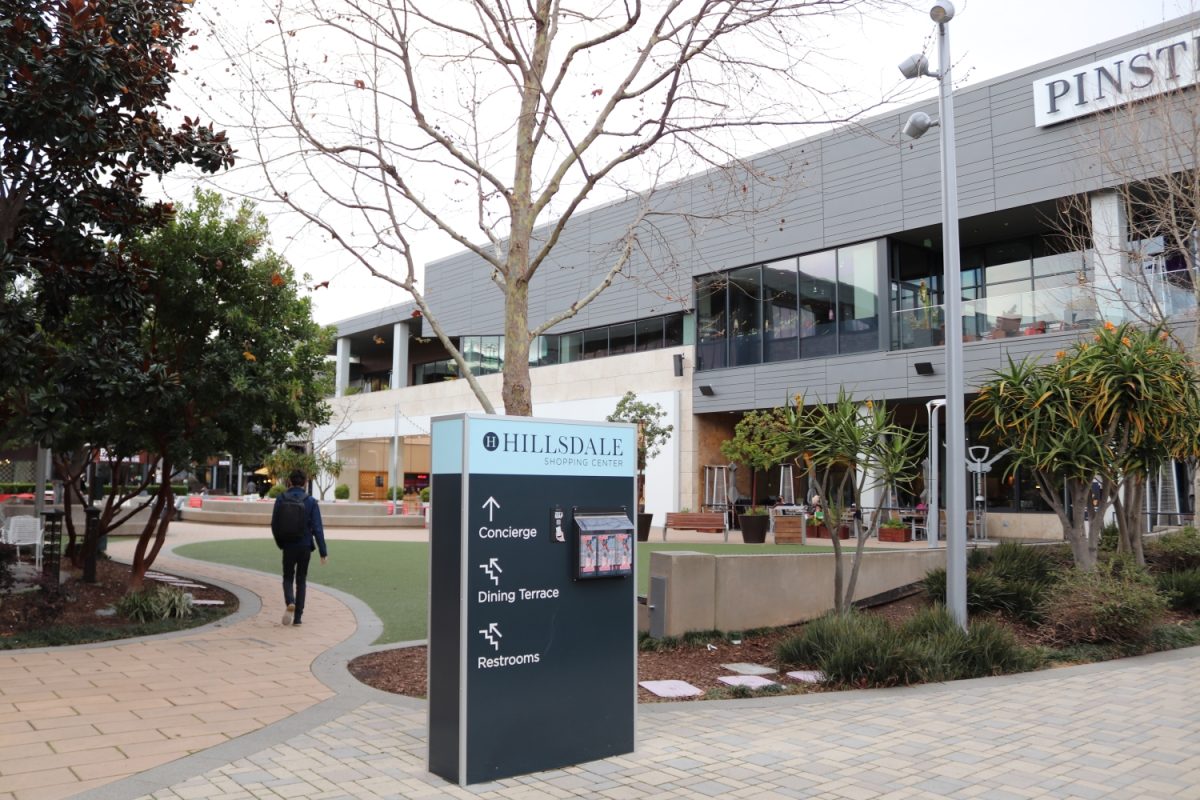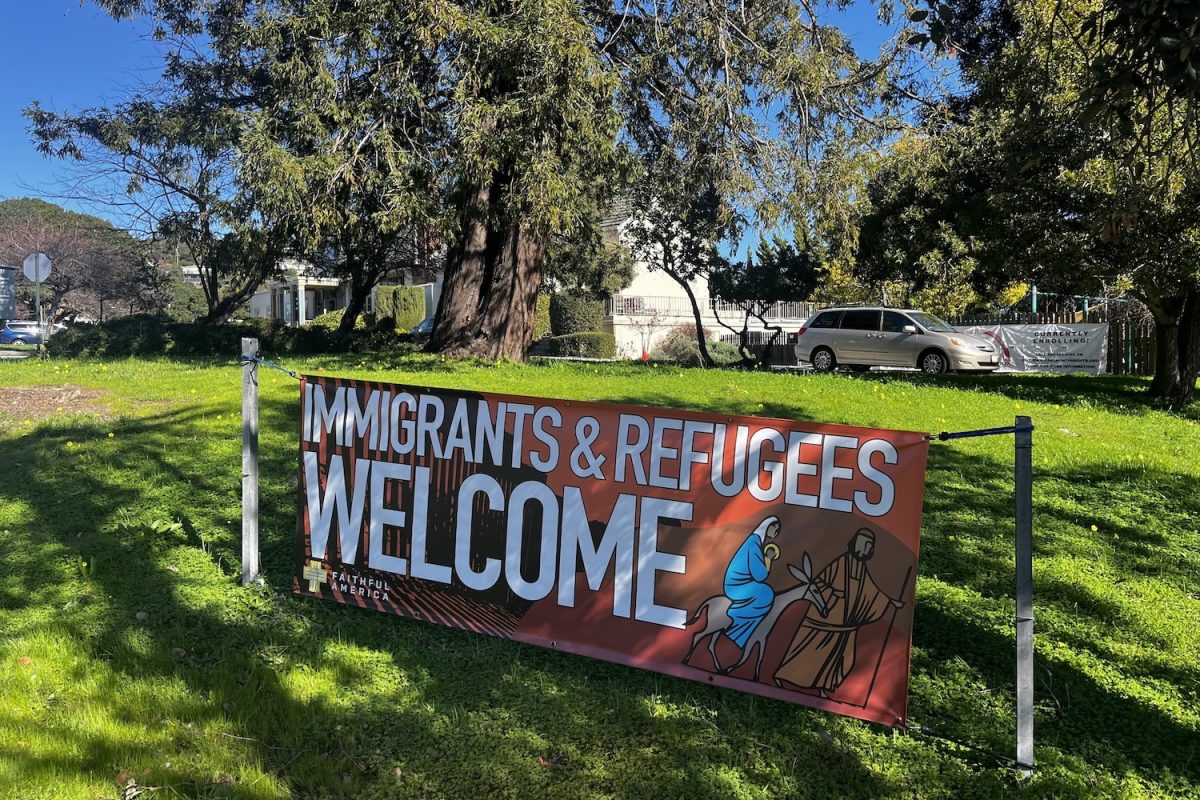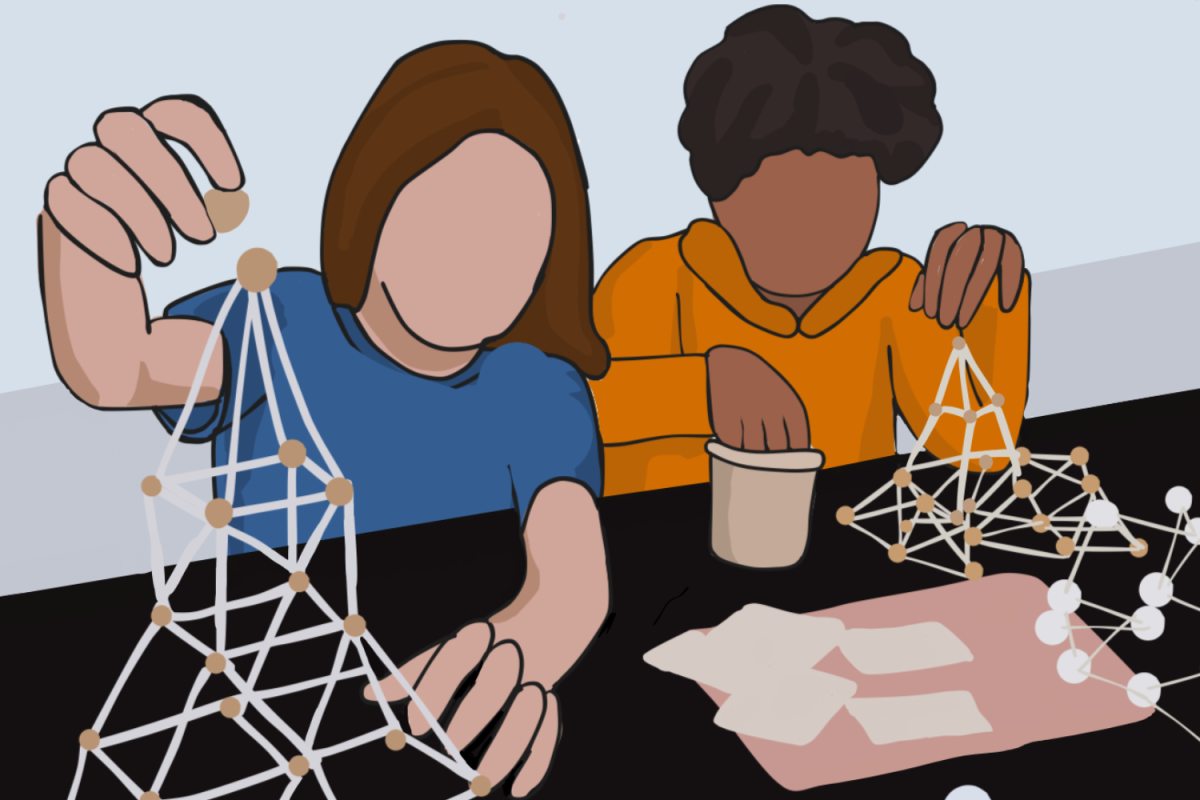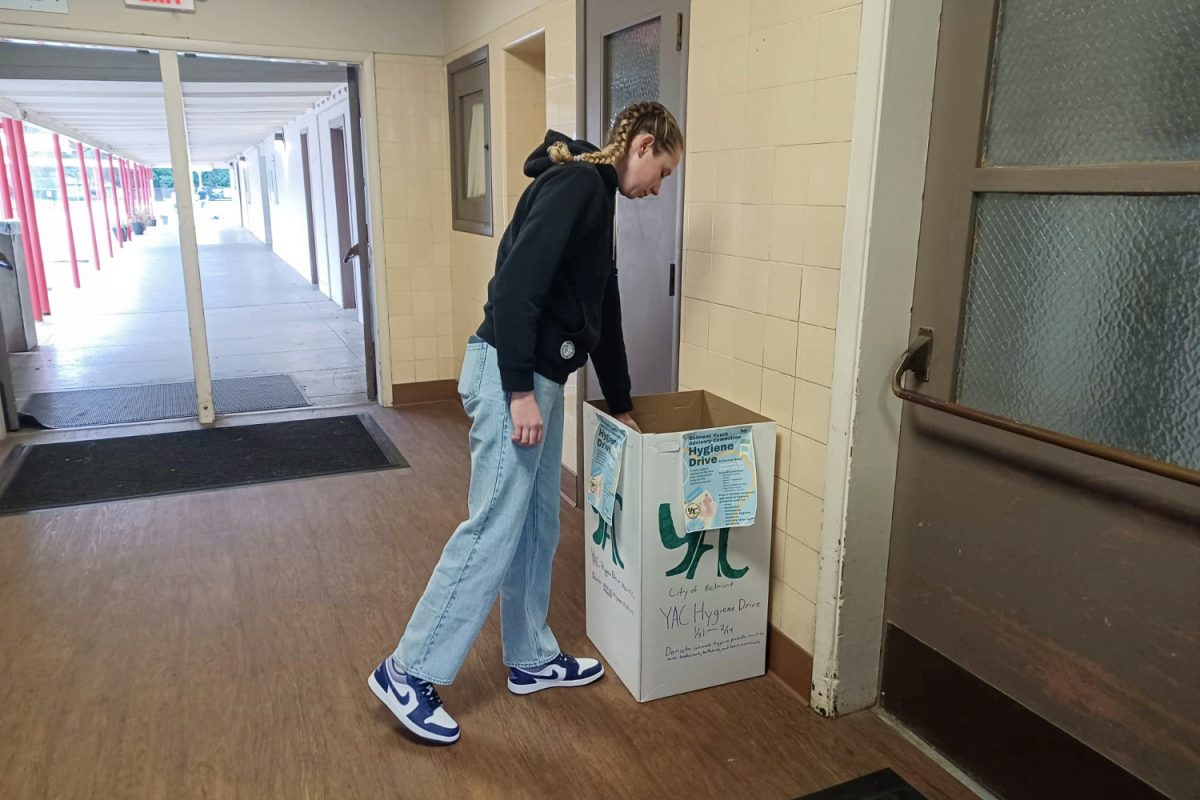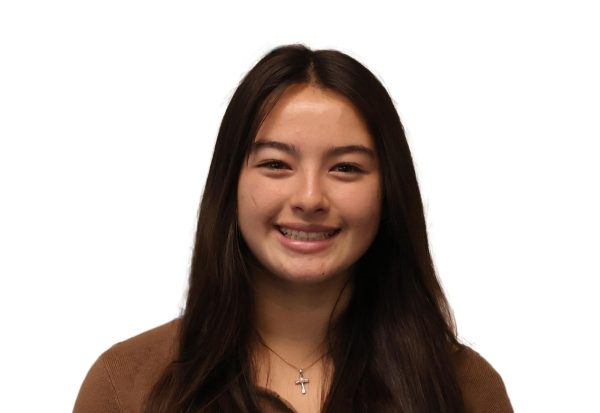The Belmont Police Department, in partnership with the U.S. Department of Veterans Affairs (VA) Palo Alto Health Care System, hosted the third annual mental health symposium in San Mateo County on Nov. 3.
At the mental health symposium, speakers talked about their past experiences dealing with suicide and mental health within the military and veteran culture.
“Veterans are proud men and women, and it’s difficult for them to accept help… they did what 99% of Americans aren’t willing to do. Even those who have not gone to combat, they signed a contract promising to protect this country up to the cost of their lives,” said Karin Fowler, the suicide prevention coordinator from VA Palo Alto Health Care and a guest speaker at the symposium.
At the mental health symposium, there were hundreds of resources and events to support veterans and first responders. One of these events included the carry-the-weight hike organized by 22 and You Productions.
The carry-the-weight hike began with Marine Combat Veteran John Preston carrying a 22-kilogram pack for over 600 miles from Palo Alto to San Diego after he lost his brother Michael Preston, a Marine and police officer, to suicide.
Retired San Francisco firefighter and co-founder of 22 and You Productions Cory Preston spoke about the hike as well as her past experiences with the military and veteran community.
“The original idea was John (Preston) hiking with one of his Marine Corps buddies carrying this pack, a literal and metaphorical burden,” Cory Preston said.
One of the aspects that the symposium addressed was Post Traumatic Stress Disorder (PTSD). According to the VA, the prevalence of PTSD in veterans who have served in Iraq or Afghanistan is about 11–20%.
One of the people who experienced PTSD was Combat Veteran Gregory Campbell, who was in the military for three years and 16 days, and he served in Mosul, Iraq, for two years from 2006 to 2007 without a break.
Campbell was discharged in 2008 and diagnosed with PTSD. According to a study from DAV.org, veterans who experience PTSD can be overwhelmed by negative feelings. A veteran may also feel difficulty establishing trust, experience feelings of guilt, shame, remorse, disinterest in previously enjoyable activities, or genuinely find it hard to feel happy.
“I was in the PTSD program in the VA as a patient…I learned a lot about myself, even more than before, and I was able to carry that on outside of the program into my work field,” Campbell said.
As a result of his experiences, Campbell now works for the Palo Alto VA, working hands-on with veterans.
“I’m glad to be helping veterans hands-on. It’s a very humbling experience,” Campbell said.

